In data communication terminology, a transmission medium is a physical path between the transmitter and the receiver. Transmission Media is broadly classified into the following types:

Guided Media
It is also referred to as Wired or Bounded transmission media. Signals being transmitted are directed and confined in a narrow pathway by using physical links.
Features:
- High Speed
- Secure
- Used for comparatively shorter distances
There are 3 major types of Guided Media:
Twisted Pair Cable
It consists of 2 separately insulated conductor wires wound about each other. Generally, several such pairs are bundled together in a protective sheild. They are the most widely used Transmission Media. Twisted Pair is of two types:
Un-shielded Twisted Pair(UTP)
UTP consists of two insulated copper wires twisted around one another. This type of cable has the ability to block interference and does not depend on a physical shield for this purpose. It is used for telephonic applications.

Shielded Twisted Pair(STP)
This type of cable consists of a special jacket to block external interference. It is used in fast-data-rate Ethernet and in voice and data channels of telephone lines.

Uses of Twisted Pair Cable
The shielded twisted pair type of cable is most frequently used in extremely cold climates, where the additional layer of outer covering makes it perfect for with standing such temperatures or for shielding the interior components.
Coaxial Cable
It has an outer plastic covering containing an insulation layer made of PVC or Teflon and 2 parallel conductors each having a separate insulated protection cover. The coaxial cable transmits information in two modes: Baseband mode(dedicated cable bandwidth) and Broadband mode(cable bandwidth is split into separate ranges). Cable TVs and analog television networks widely use Coaxial cables.

Uses of Coaxial cable
Radio frequency signals are sent over coaxial wire. It can be used for cable television signal distribution, digital audio (S/PDIF), computer network connections (like Ethernet), and feedlines that connect radio transmitters and receivers to their antennas.
Optical Fiber Cable
It uses the concept of refraction of light through a core made up of glass or plastic. The core is surrounded by a less dense glass or plastic covering called the cladding. It is used for the transmission of large volumes of data.
The cable can be unidirectional or bidirectional. The WDM (Wavelength Division Multiplexer) supports two modes, namely unidirectional and bidirectional mode.

Uses of Optical Fiber Cable
- Medical Purpose: Used in several types of medical instruments.
- Defence Purpose: Used in transmission of data in aerospace.
- For Communication: This is largely used in formation of internet cables.
- Industrial Purpose: Used for lighting purposes and safety measures in designing the interior and exterior of automobiles.
Un-Guided Media
It is also referred to as Wireless or Unbounded transmission media. No physical medium is required for the transmission of electromagnetic signals.
Features
- The signal is broadcasted through air
- Less Secure
- Used for larger distances
There are 3 types of Signals transmitted through unguided media
Radio Waves
These are easy to generate and can penetrate through buildings. The sending and receiving antennas need not be aligned. Frequency Range:3KHz – 1GHz. FM radios and cordless phones use Radio waves for transmission.
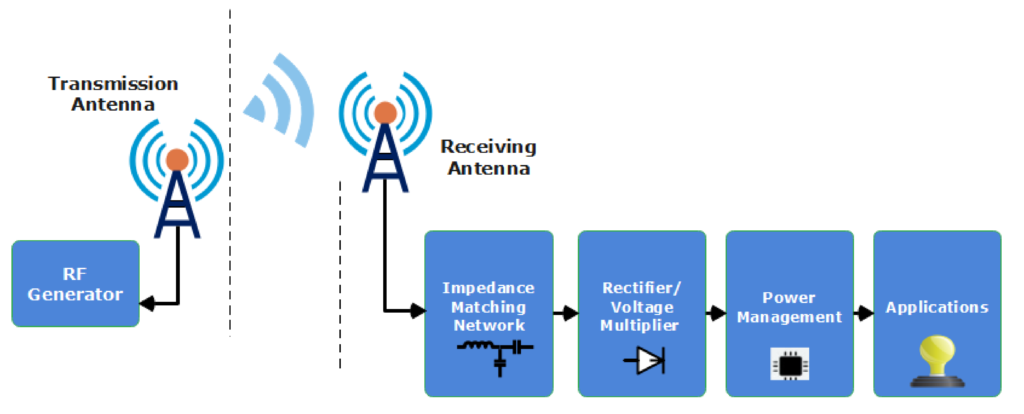
It Categorized as (i) Terrestrial and (ii) Satellite.
Microwaves
It is a line of sight transmission i.e. the sending and receiving antennas need to be properly aligned with each other. The distance covered by the signal is directly proportional to the height of the antenna. Frequency Range:1GHz – 300GHz. These are majorly used for mobile phone communication and television distribution.

Infrared
Infrared waves are used for very short distance communication. They cannot penetrate through obstacles. This prevents interference between systems. Frequency Range:300GHz – 400THz. It is used in TV remotes, wireless mouse, keyboard, printer, etc.

Know more about IoT System check out our other post and check out our collaborated website let’s make study down.

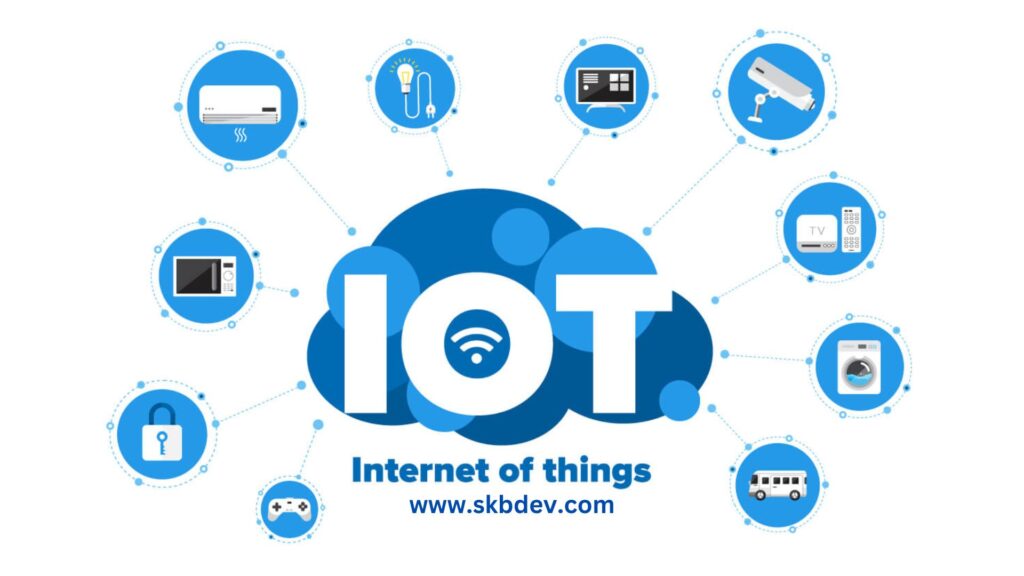
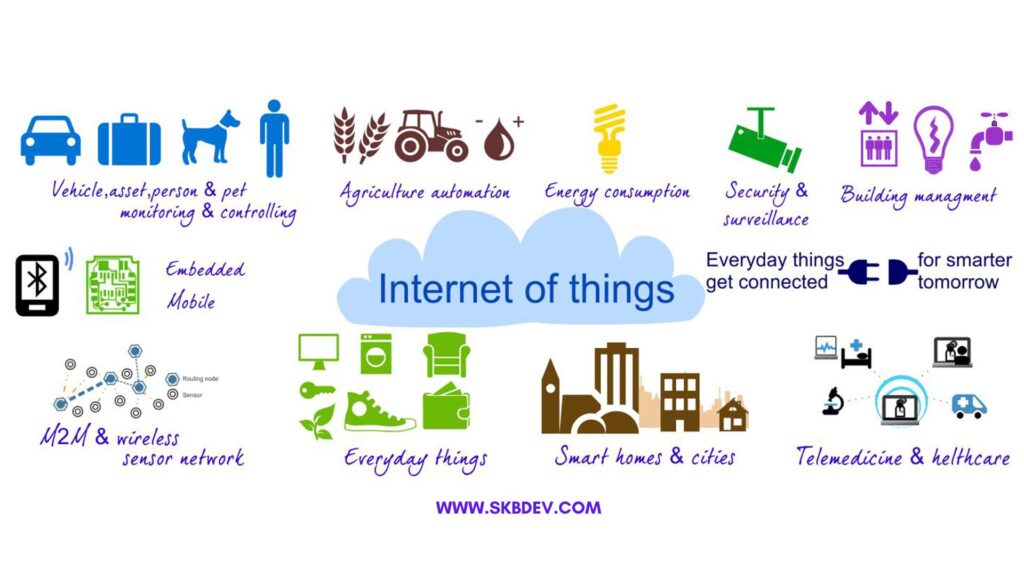
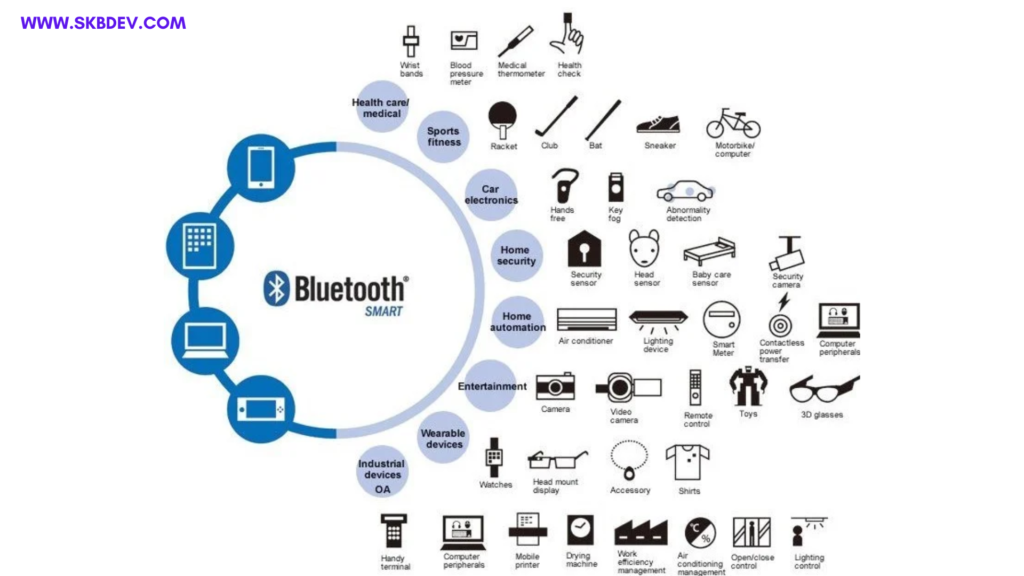

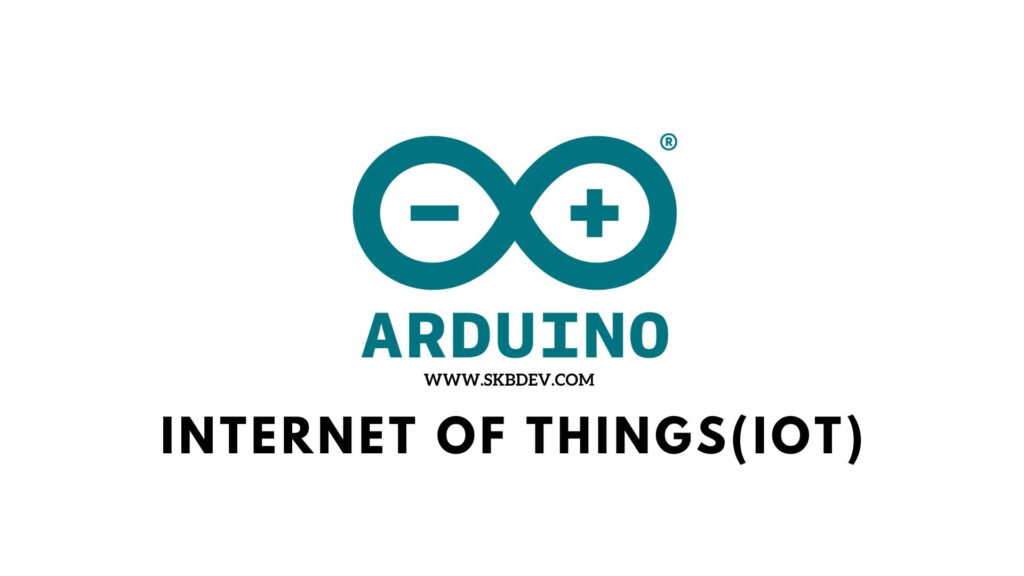

Your posts always provide me with a new perspective and encourage me to look at things differently Thank you for broadening my horizons
Your posts always provide me with a new perspective and encourage me to look at things differently Thank you for broadening my horizons
Your posts always provide me with a new perspective and encourage me to look at things differently Thank you for broadening my horizons
Your posts always provide me with a new perspective and encourage me to look at things differently Thank you for broadening my horizons
Your posts always provide me with a new perspective and encourage me to look at things differently Thank you for broadening my horizons